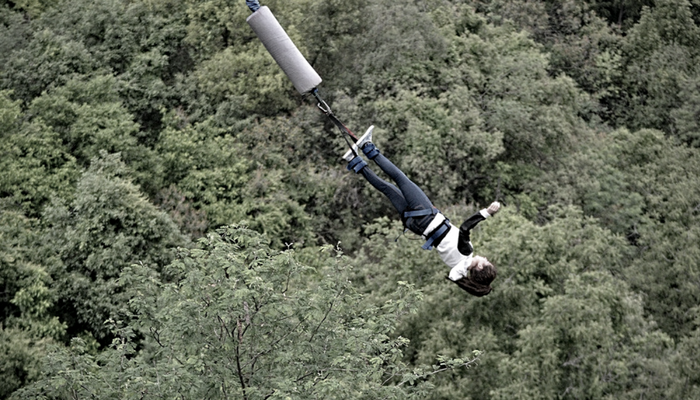Most employers know of the employment discrimination laws protecting race, sex, disability, age, religion, etc. In New York, there is also an additional law that prohibits discrimination against employees based on their lawful off-duty conduct. Like all good laws, there are exceptions.
Section 201-d of the New York Labor Law applies to all employers with employees in New York.
Protected Off-Duty Conduct
The law prohibits employers from discriminating against applicants and employees for any of the following:
- Legal political activities outside of working hours, off of the employer’s premises and without use of the employer’s equipment or other property.
- Legal use of consumable products before the beginning or after the conclusion of the employee’s work hours, and off of the employer’s premises and without use of the employer’s equipment or other property.
- Legal recreational activities outside work hours off of the employer’s premises and without use of the employer’s equipment or other property.
- Membership in a union or any exercise of rights under the federal Labor Management Relations Act or New York’s Taylor Law.
Section 201-d includes these specific definitions:

“Political activities” means “(i) running for public office, (ii) campaigning for a candidate for public office, or (iii) participating in fund-raising activities for the benefit of a candidate, political party or political advocacy group.”
“Recreational activities” means “any lawful, leisure-time activity, for which the employee receives no compensation and which is generally engaged in for recreational purposes, including but not limited to sports, games, hobbies, exercise, reading and the viewing of television, movies and similar material.”
(Several courts have ruled the law does not protect dating and romantic relationships as recreational activities. But that doesn’t mean you should date your employees. See my post on 5 Bad Business Ideas for Good Employers.)
“Work hours” means “all time, including paid and unpaid breaks and meal periods, that the employee is suffered, permitted or expected to be engaged in work, and all time the employee is actually engaged in work.”
The law does not specifically define “consumable products.” However, the term includes legal tobacco products and alcohol.
Exceptions to These Protections
There are exceptions to the above protections.
The law does not protect employees’ off-duty conduct that creates a material conflict of interest related to the employer’s trade secrets, proprietary information, or other proprietary or business interest.
Governmental employees may lose protection for off-duty conduct that is in knowing violation of a provision of a collective bargaining agreement concerning ethics, conflicts of interest, potential conflicts of interest, or the proper discharge of official duties.
The law also does not protect conduct by certain professional employees that violates: a collective bargaining agreement or a certified or licensed professional’s contractual obligation to devote his or her entire compensated working hours to a single employer.
And an employer does not violate this law where the employer acts based on the belief either that: (i) the employer’s actions were required by statute, regulation, ordinance or other governmental mandate, (ii) the employer’s actions were permissible pursuant to an established substance abuse or alcohol program or workplace policy, professional contract or collective bargaining agreement, or (iii) the individual’s actions were deemed by an employer or previous employer to be illegal or to constitute habitually poor performance, incompetency, or misconduct.
“Smokers’ Rights”

The law would similarly allow employees to charge more for insurance based on dangerous recreational activities. (Some call Section 201-d the “bungee jumping law.”)
Consequences of Off-Duty Conduct Protections
This law has been in place for 25 years. However, its importance may be increasing because of the proliferation of social media. As employees have more of their lives documented online, more employers see what their employees are doing outside of work. Management does not always like what it sees. But much of the conduct reflected in social media posts could constitute use of consumable products or recreational activities.
Employers should be careful before acting based on such lawful off-duty activity. Section 201-d has many exceptions, but they are quite nuanced. In addition, various other employment laws may apply. It would be wise to consult with an experienced employment attorney before making employee decisions based on off-duty conduct. (If you didn’t, then now may be a good time to review Responding to Employment Discrimination Complaints.)
If this was helpful, get my email newsletter for more employer guidance! Click here to sign up.

You must be logged in to post a comment.